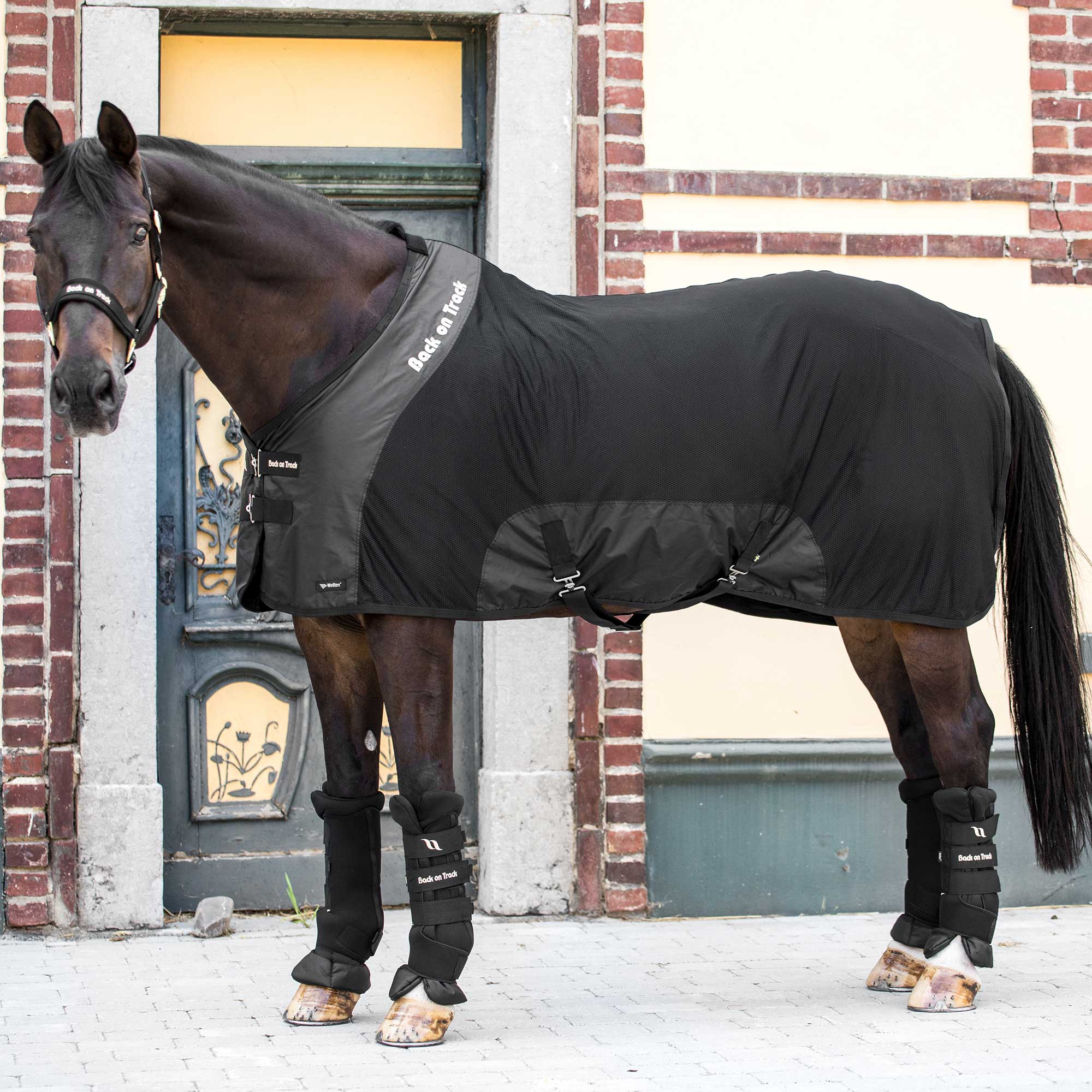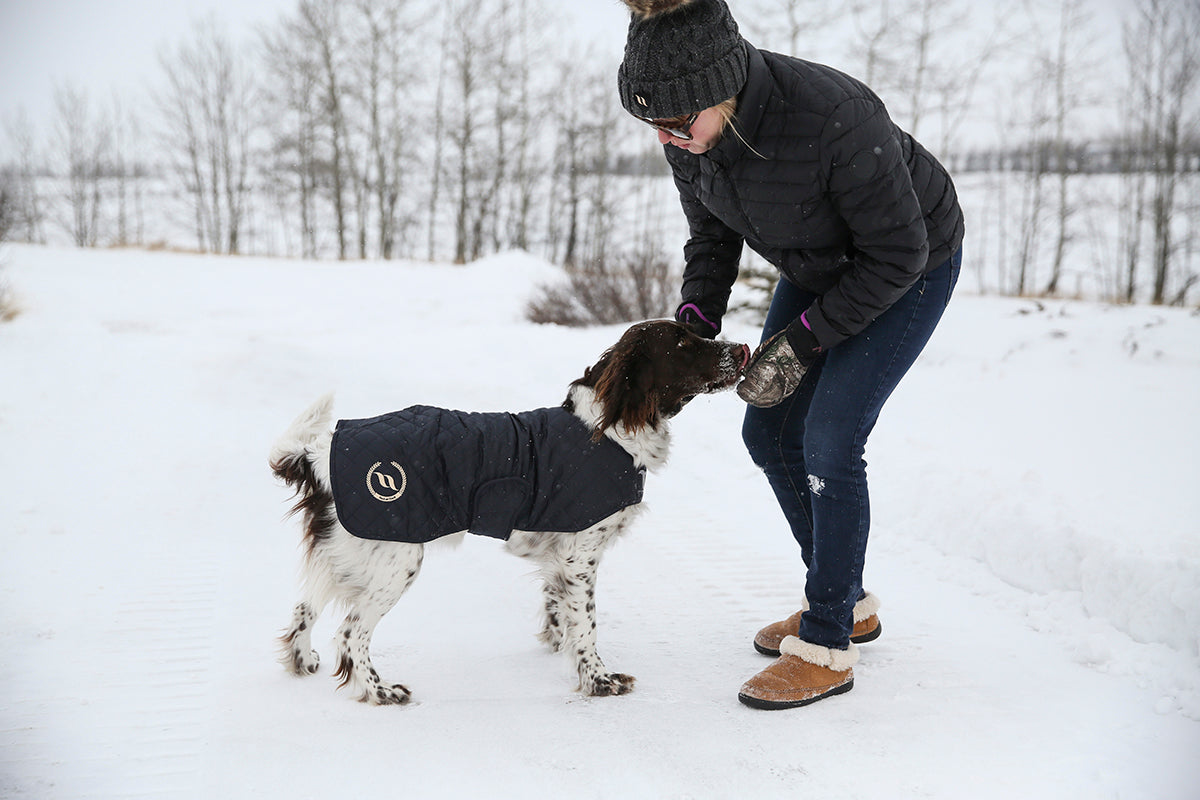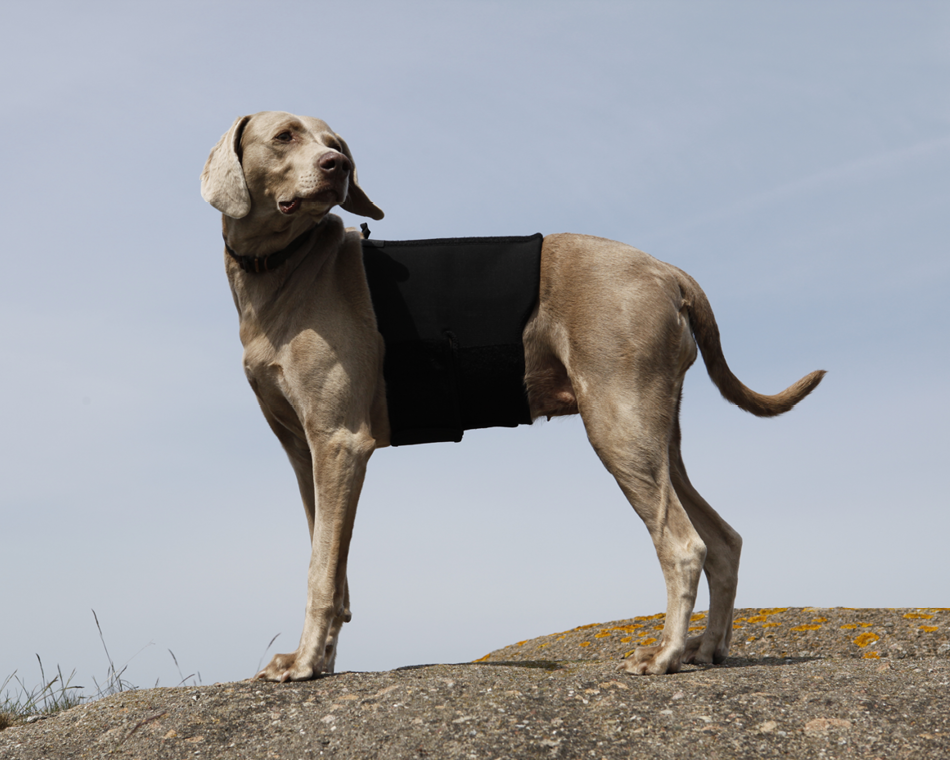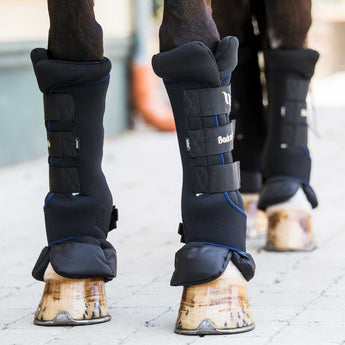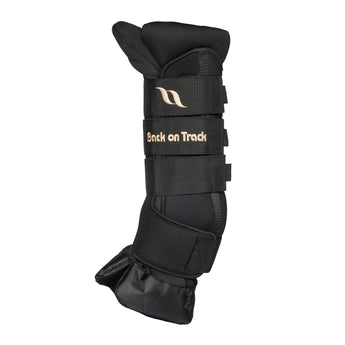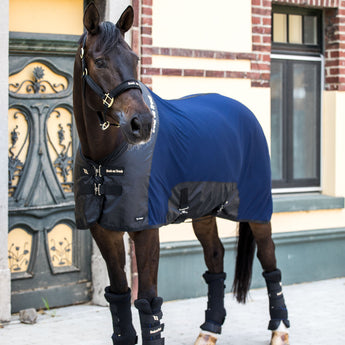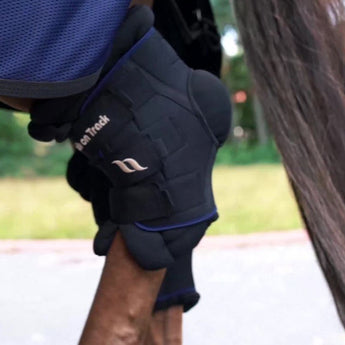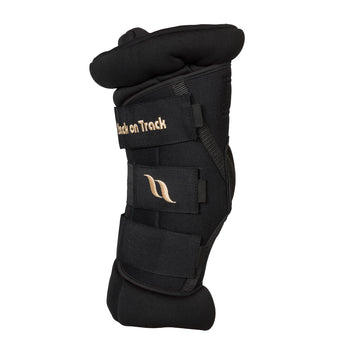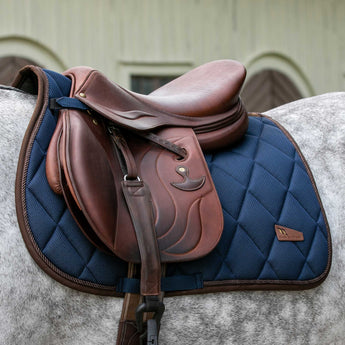Dogs have loyally stood by our sides for centuries. From humble herders and stalwart shepherds to regal companions to royalty around the world, our pups have been with us through it all. While many dogs are content to spend their days playing fetch or warming their owner’s lap, some pups answer a daily call to action. Dogs of various breeds, shapes, and sizes complete training to serve their human companions in many different ways. Many working dogs fill a number of different roles in society. This guide sheds light on a few different types of working dogs and the specific jobs they perform.
Service dogs
Of the different types of working dogs, service dogs are perhaps the most common. Service dogs can aid in a variety of ways and commonly aid individuals with disabilities. Trained guide dogs can help blind individuals to navigate the world more freely and independently, while hearing dogs can alert their deaf owners to changes in auditory stimuli and their surroundings. Service dogs can also help individuals with mobility-related disabilities. These service dogs often help their owner with daily life functions and can open and close doors, turn lights on and off, or help their owner dress or undress. Service dogs undergo a significant amount of training before they can be placed with an owner. After adoption, the owner and service dog often undergo additional training to ensure that they will be able to work together effectively as a unit.
Therapy dogs
Like service dogs, therapy dogs help their owners manage specific health diagnoses. Whereas service dogs generally manage physical diagnoses, therapy dogs typically help their owner manage emotional or mental illnesses. Therapy dogs offer a calming presence and emotional support, which can help their owner manage feelings of depression, anxiety, or emotional arousals on a daily basis. Therapy dogs can recognize signs of distress in their owner and even help prevent instances of self-harm. Therapy dogs come in all shapes and sizes, and almost any breed can function in this manner, so long as they are even-tempered, well-socialized, and non-fearful.
Search and rescue dogs
The job of a search and rescue dog is by no means an easy task. These dogs enter potentially dangerous situations in search of humans, such as searching for survivors after a natural disaster or tracking lost individuals across difficult terrain. As such, search and rescue dogs are very agile and must have a keen sense of smell and hearing. Larger dog breeds, such as German shepherds and golden retrievers, are common choices for this job. Because search and rescue dogs encounter more potentially dangerous situations than other working dogs, the potential for injury is also higher. Therapy dog products such as a hock brace or therapeutic coat can help keep these noble dogs in peak physical condition. Such products help ease inflammation and reduce the risk of injury for dogs that may encounter potentially dangerous situations.

